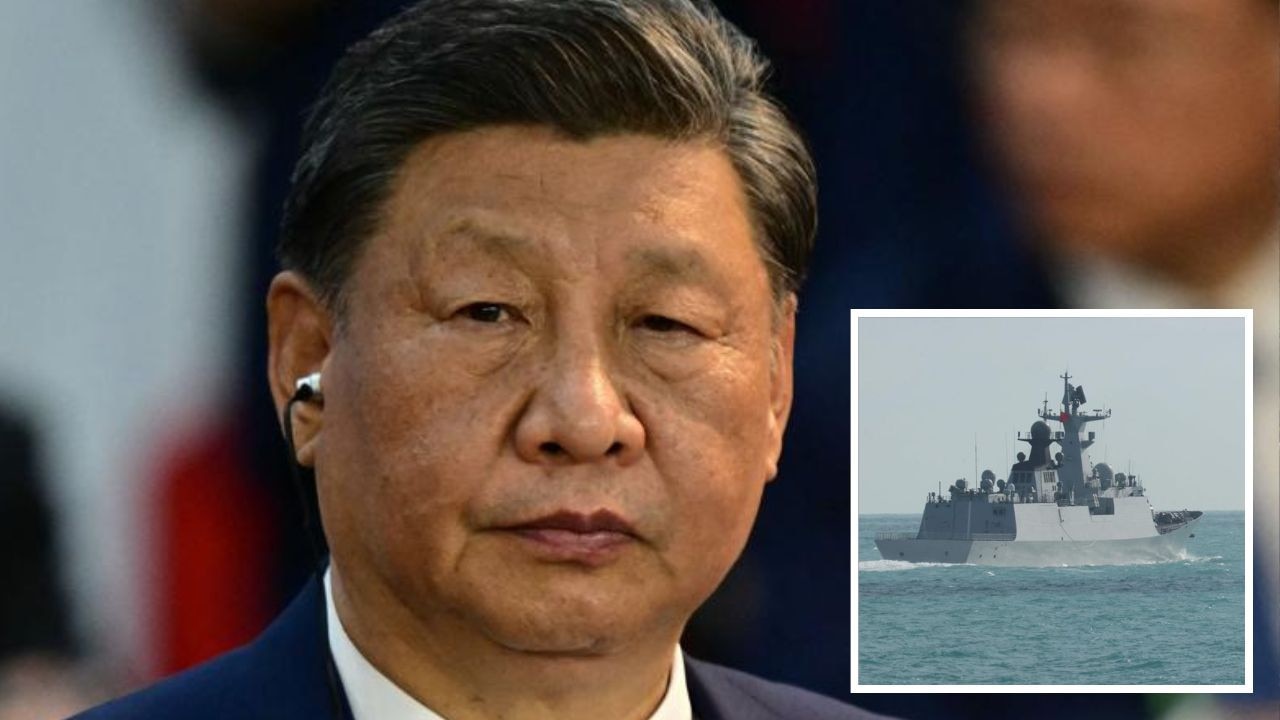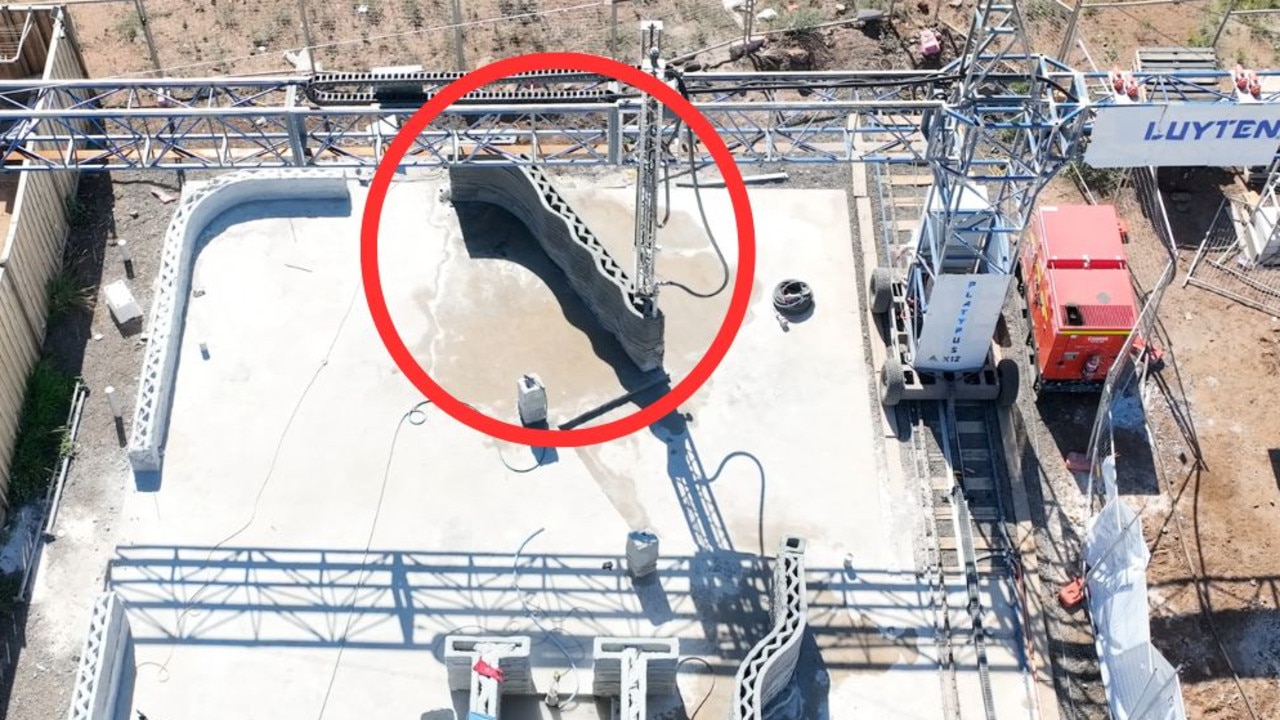Donald Trump’s controversial vision for a militarised US
US Presidential candidate Donald Trump believes he has the power to enforce a wide range of controversial policies.
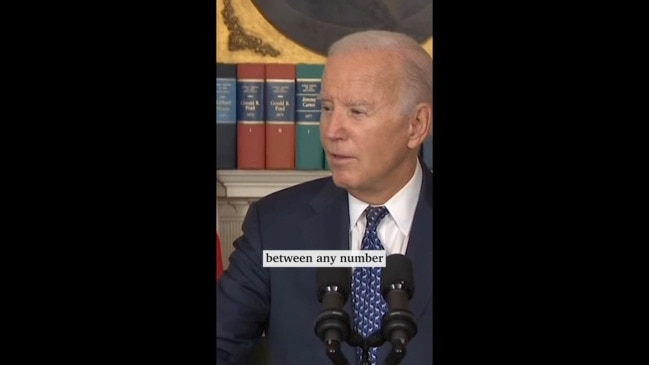
ANALYSIS
“This is the final battle. They know it. I know it. You know it. Everybody knows that this is it. Either they win, or we win. And if they win, we no longer have a country.”
US Presidential aspirant Donald Trump made this extraordinary statement during the Republican Party’s Conservative Political Action Conference (CPAC) last February.
Much of what he’s said since suggests he’s serious.
And he’s revived the idea that, as Commander in Chief of US forces, the military is the answer to all his problems.
He wants them to hunt down drug cartels.
He wants them massed on the borders with Mexico and Canada.
He wants them patrolling city streets.
And Mr Trump, 77, believes he has the power to do so under the same 1807 Insurrection Act used to accuse him of inciting the January 6, 2021, attack on Capitol Hill that sent elected officials fleeing for their lives.
It allows – under certain circumstances – for a US President to use the military as a domestic police force.
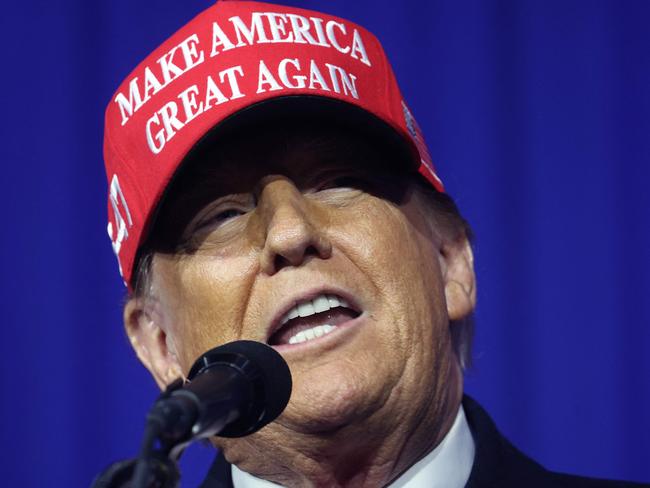
Now, former Mr Trump inner-circle advisors and employees have been stepping forward to warn the US public that he means what he says.
“We don’t need to speculate what a second Trump term would look like because we already saw it play out,” says former Trump administration deputy press secretary Sarah Matthews.
She quit within hours of the January 6 insurrection attempt.
“To this day, he still doubles down on the fact that he thinks the election was stolen, and then his rhetoric has just gotten increasingly erratic. I mean, he has literally called for things like doing away with parts of the constitution, wanting to weaponise the Department Of Justice to enact revenge on his political enemies.”
Retribution
Mr Trump’s angry he lost the 2020 US Presidential Election. He argued the Republican Party was run by “freaks” and “fools.”
“Our enemies,” he added later, referring to opponents within and without his own party, “are lunatics and maniacs.”
“If you put me back in the White House, their reign is over. In 2016, I declared, ‘I am your voice.’ Today I add, I am your warrior. I am your justice. And for those who have been wronged and betrayed, I am your retribution.”

Whether or not Mr Trump gets to carry out his threat depends on whether or not he becomes the 47th President of the United States of America after the November 5 elections.
And he’s promised to hit the ground running.
Enforcement
US media is reporting Mr Trump’s Republican supporters are drafting legislation to enable the mobilisation of military forces against civilian protesters.
The 1807 Insurrection Act enables a president to deploy the military “whenever the President considers that unlawful obstructions, combinations, or assemblages, or rebellion against the authority of the United States make it impracticable to enforce the laws of the United States.”
It’s a clause Mr Trump is pinning his hopes on to enforce a wide range of controversial policies.
And he’s tried to use it before.
One of Mr Trump’s many former defence secretaries, Mark Esper, countermanded Mr Trump over the deployment of military personnel against Black Lives Matter protesters in Washington in 2020. Mr Trump fired him by tweet a few months later.
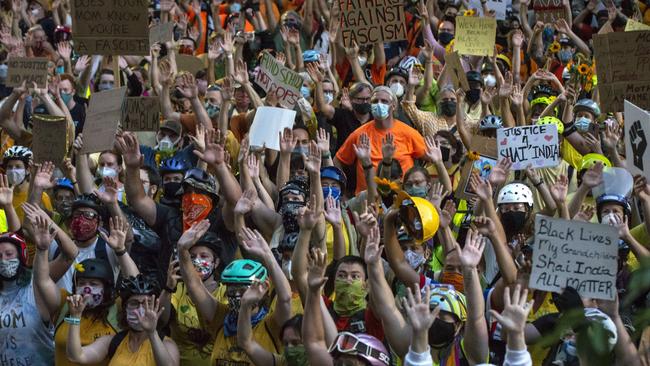
Purge
“We have to get political correctness out of our military,” Mr Trump told a 2022 campaign rally. It’s a message he repeats regularly.
The Republican Party has announced one of Mr Trump’s core policies in a second term would be to “rigorously review” all senior military officials. And he would redefine existing ideological screening measures – designed to exclude gang and cartel members – to include “extremist” views on “social engineering” and “climate change”.
Mr Trump moved to gain the power to impose loyalists at every level of government during the dying days of his first presidency.
In 2020, he issued an executive order designed to strip separation of power legislation protecting tens of thousands of federal government civil servants from political retribution.
“We will pass critical reforms making every executive branch employee fireable — fireable, by the president of the United States,” he told a rally in South Carolina.
This would include military officers, FBI and Department of Justice investigators and intelligence agency operatives.
Compliance
Republican legal experts are arguing the 1807 Insurrection Act also potentially enables a US President to overrule State Governors.
And that gives Mr Trump the ability to impose his will on non-compliant states and cities.
“If a city or state refuses to take the actions that are necessary to defend the life and property of their residents, then I will deploy the US military and quickly solve the problem for them,” he said during the 2020 George Floyd killing riots.

But he’s now extending that perceived authority over matters as diverse as homelessness.
“When I’m back in the White House, we will use every tool, lever, and authority to get the homeless off our streets,” he proclaimed in a TruthSocial post.
War on drugs
In December, Mr Trump said he would move to declare drug cartels to be “foreign terrorist organisations”.
This would enable the Commander in Chief to mobilise the US military against them.
Mr Trump says he wants “special forces, cyber warfare, and other overt and covert actions to inflict maximum damage on cartel leadership, infrastructure, and operations.”
And this includes military incursions in neighbouring Mexico.
Esper says Mr Trump suggested a similar move during his first term.
“We could just shoot some Patriot missiles and take out the labs, quietly,” Esper quotes Mr Mr Trump as saying. “No one would know it was us.”
Mr Trump’s case for dictatorship
The Insurrection Act, which dates from 1792, appears to offer US Presidents the ability to ignore all other levels of government and law. And impose martial law.
At least under some interpretations.
“The law is a model of how not to draft major legislation. Key terms like “insurrection” and “rebellion” are left undefined. The language is so outdated that no modern American can be sure of its meaning,” says New York University School of Law expert Michael Waldman.
“And courts have interpreted it to grant the president exclusive and unreviewable authority to decide whether the conditions to deploy the military have been met.”
The act forms the basis of Mr Trump’s legal argument defending his role in the January 9, 2021, insurrection attempt, which resulted in the storming of Capitol Hill and US elected officials fleeing to bunkers.
Their legal theory is that US Presidents have total immunity against criminal charges linked to official acts – unless Congress assembles enough votes for a successful impeachment.
That would leave Mr Trump (and Mr Biden) free, as Commander in Chief, to mobilise the military at a whim. This would enable them to coerce US governors and cities to enforce Presidential policies, intervene in elections, police the public, quash protests – and assassinate political opponents.
“Frankly, as I think Judge Pan’s hypothetical described, what kind of world are we living in if, as I understood my friend on the other side to say here, a president orders his SEAL team to assassinate a political rival and resigns for example, before an impeachment? Not a criminal act? President sells a pardon, resigns or is not impeached? Not a crime?” US Justice Department special counsel representative James Pearce said during a January insurrection trial hearing.
“There’s a complete absence of checks and balances. As a result, we rely on the wisdom and good faith of a single person to uphold the important wall between military action and domestic policing,” adds Waldman.
Jamie Seidel is a freelance writer | @JamieSeidel
Originally published as Donald Trump’s controversial vision for a militarised US




